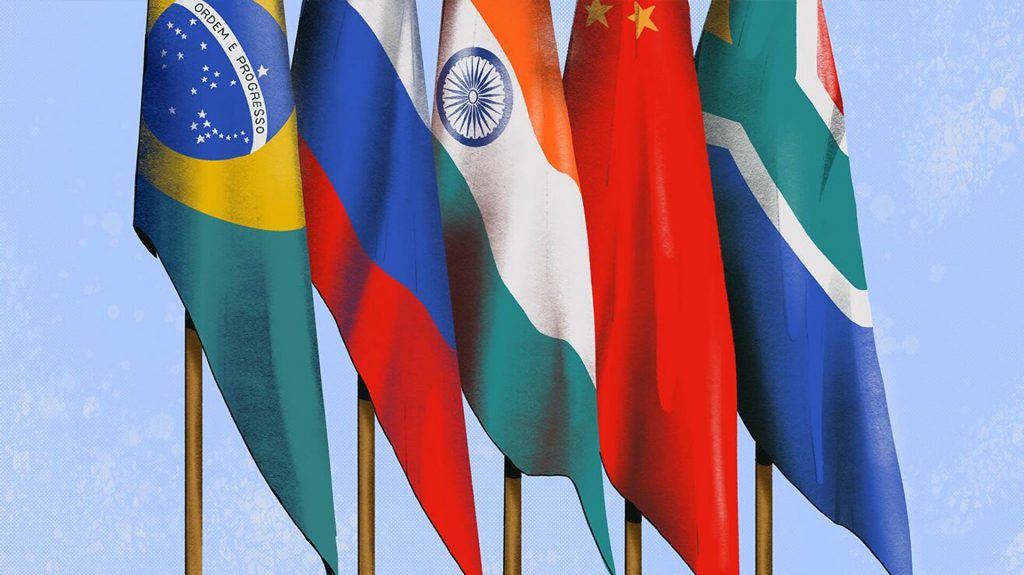BRICS: Another New Nation Formally Applies to Join Alliance
With BRICS expansion remaining a major focus for the group, another new nation has formally applied to join the alliance. Among a plethora of nations showing interest, Thailand has now emerged as a potential front-runner with its official application submitted Thursday.
The collective is likely to institute its second expansion effort in as many years in 2024. The economic alliance invited six nations in 2023, with four countries officially accepting. At a recent BRICS meeting of several foreign ministers, Thailand had submitted its official request.

Also Read: BRICS: China Helps Taliban Sell $80 Million Worth Crude Oil in 10 Days
Thailand Submits Official Application to Join BRICS
Over the last several years, the BRICS alliance embraced notable growth efforts. It has sought to expand its global influence and establish a multipolar world amid an increasingly Western-focused system. A key tenet of those efforts has come in the form of continued expansion.
Now, that has taken an interesting step forward today for BRICS as a new nation has submitted a formal application. Specifically, Thailand has reportedly filed to become the bloc’s newest member, after taking part in the BRICS foreign minister meetings this week.
Thailand’s Foreign Minister Maris Sangioampongsa, met with China’s Wang YI at the most recent gathering. There, they discussed increased cooperation between the countries. Moreover, Sangiampongsa sought support from China for the country’s request to join BRICS.

Also Read: BRICS Announces Massive Trade Agreement to Ditch the US Dollar
The bloc most recently added the United Arab Emirates (UAE), Egypt, Iran, and Ethiopia at its 2023 summit. Its first expansion initiative since 2001, proved to be a monumental success as one of the most important geopolitical developments in recent history.
Thailand is poised to be the first Southeast Asian country to join the economic alliance. Subseuqnlety, they would clearly represent the global potential of the bloc as its influence continues to spread. The impact on its ongoing economic initiatives and de-dollarization methods would likely take a massive step forward as well.
